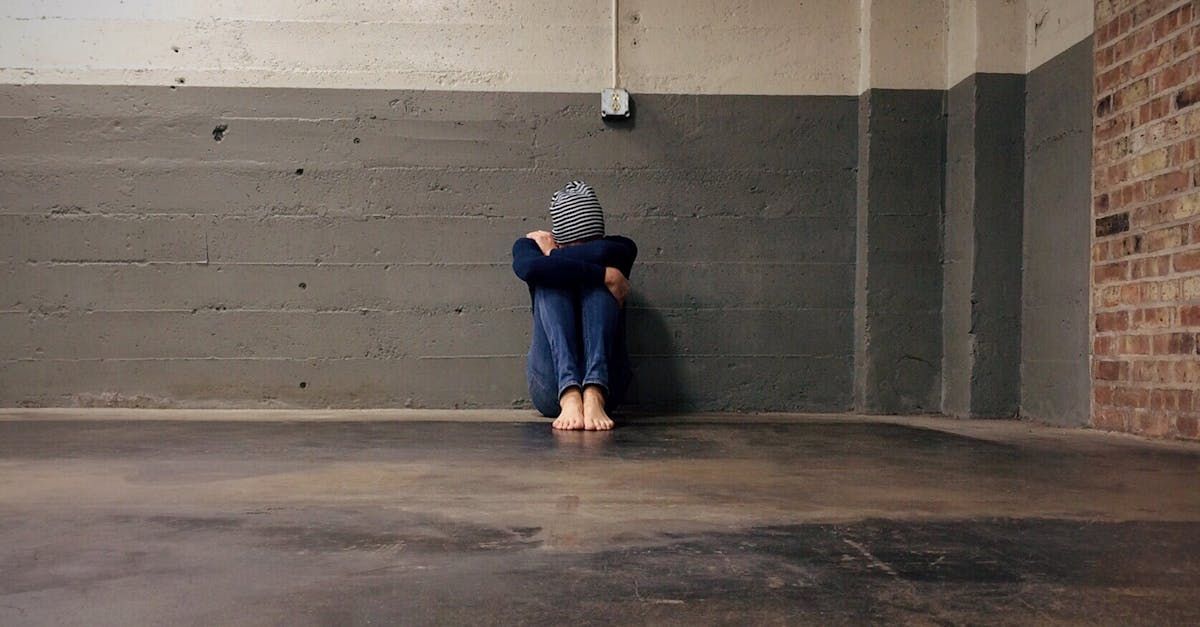USCIS Expands Access to Work Authorization for T Visa Applicants
Key Changes to T Visa Process (Effective October 23, 2024)
U.S. Citizenship and Immigration Services (USCIS) recently updated its policy for T visas, which provide protection and legal status to noncitizen victims of severe human trafficking. This update, effective October 23, 2024, introduces key changes that streamline the application process and broaden access to benefits for trafficking survivors. One of the most impactful updates is the new ability for T visa applicants to receive work authorization while their T visa application is still pending.
Immediate Work Authorization Eligibility
In a major shift, T visa applicants can now file for and potentially receive work authorization before their T visa application is approved. Through the new “bona fide determination” process, USCIS assesses basic eligibility at the outset. If an application is deemed “bona fide,” the applicant may be granted deferred action and an Employment Authorization Document (EAD), allowing them to work legally in the U.S. while awaiting full T visa approval. This is a critical step forward, as applicants no longer need to wait until their T visa is approved to receive work authorization.
Additional Policy Highlights
- “Any Credible Evidence” Standard
The policy emphasizes that applicants can submit any form of credible evidence in support of their case. This approach ensures that survivors, who may lack traditional documentation, still have a fair chance to prove their situation. - Victim-Centered and Trauma-Informed Approach
The update reinforces a trauma-informed review process, prioritizing the needs and well-being of trafficking victims and making it more compassionate. - Physical Presence Requirement Flexibility
USCIS now allows certain exceptions to the rule that applicants must remain in the U.S. due to their trafficking situation, providing flexibility for those who may have briefly departed and returned. - Clarified Reporting Requirement
While applicants generally must report their trafficking to law enforcement with jurisdiction over trafficking cases, exceptions exist for individuals unable to report due to age or trauma.
What This Means for Applicants
The T visa offers temporary legal status to certain victims of human trafficking, typically allowing them to stay in the U.S. for an initial period of up to four years. With these updates, the T visa program is now more accessible and supportive, helping survivors gain stability and security sooner.
Need Help with a T Visa Application?
If you or someone you know is a trafficking survivor and may benefit from a T visa, we’re here to help. Contact us today for expert guidance on T visa applications and work authorization, and start your journey to legal protection and stability.
This blog is not intended to be legal advice and nothing here should be construed as establishing an attorney client relationship. Please schedule a consultation with an immigration attorney before acting on any information read here.
Angelica Rice
Similar Posts







